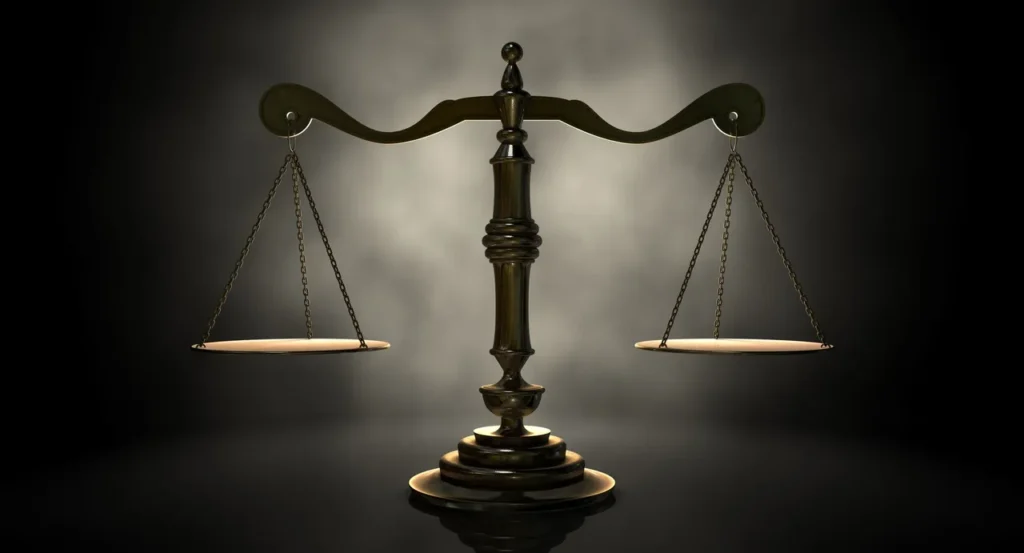
Kenya, a country known for its vibrant political landscape and regional influence, is currently grappling with a growing crisis: a surge in enforced disappearances, arbitrary arrests, and abductions. These practices, increasingly associated with political dissent and the government’s treatment of refugees, are drawing concern from human rights organizations locally and internationally. As recent events unfold, it becomes clear that Kenya’s democratic fabric and adherence to human rights principles are under threat, sparking fears of regression to past authoritarian practices.
The wave of abductions and arrests has intensified since mid-2024, coinciding with increased public demonstrations against controversial government policies. Human rights groups report that these incidents have targeted both local activists and foreign refugees seeking safety in Kenya.
In June 2024, mass demonstrations against the government’s proposed Finance Bill sparked a series of abductions. According to the Police Reforms Working Group Kenya, at least 12 individuals linked to the protests were abducted over a span of five days, marking a trend of enforced disappearances, which involve the arrest or abduction of individuals by state or state-sanctioned actors, often with no acknowledgment of their detention. This practice violates Article 29 of Kenya’s Constitution, prohibiting arbitrary detention and enforced disappearances.
The Kenya Human Rights Commission (KHRC) has reported that around 66 individuals remain missing, reflecting a pattern reminiscent of the authoritarian rule seen during the 1980s under President Daniel Arap Moi. Families of those missing continue to demand accountability, underscoring the fear that these abductions are being used to silence government critics.
A recent incident that has drawn international attention involved the abduction of seven Turkish asylum seekers in Nairobi in October 2024. These individuals, including Mustafa Genç and his family, were reportedly taken by unknown individuals. Amnesty International Kenya has condemned this act as a breach of Kenya’s obligations under the Refugee Act, the 1951 Refugee Convention, and other international human rights treaties. The organization warned that the missing individuals risk unlawful deportation back to Turkey, where they might face persecution, a violation of the principle of non-refoulement.
This case highlights broader concerns about Kenya’s handling of refugees and asylum seekers, particularly those fleeing political repression from their home countries. The lack of clarity and transparency around such incidents fuels fears of extrajudicial actions by Kenyan authorities or actors operating with their tacit approval.
The Kenyan government, while officially condemning these actions, has yet to take concrete steps to address the root causes of these enforced disappearances. President William Ruto’s administration has come under fire for its perceived complicity or inaction, especially given allegations that individuals involved in the abductions were disguised as police officers. Activists argue that this undermines public confidence in law enforcement agencies and raises questions about the extent of the state’s involvement in these incidents
The judiciary has occasionally stepped in, mandating police disclosures on the whereabouts of certain missing individuals. For example, the High Court recently ordered law enforcement to account for three activists taken after participating in anti-government demonstrations. However, these interventions have not translated into sustained accountability or comprehensive investigations into the broader pattern of disappearances.
The current atmosphere bears troubling similarities to Kenya’s past. During the regime of Daniel arap Moi (1978–2002), political repression, including arbitrary detentions and enforced disappearances, was a common tool to suppress dissent. Critics of Moi’s government frequently faced detention without trial, leading to the formation of human rights movements dedicated to securing political freedoms and justice for victims.
The return of these tactics suggests a regression to an era many Kenyans hoped to leave behind. Civil society groups are vocal in drawing these historical parallels, arguing that the resurgence of such tactics threatens the gains made in the past two decades towards greater political openness and respect for human rights.
Kenya has historically been a host country for refugees from across the region, including Somalia, South Sudan, and Ethiopia. Yet, recent actions cast doubt on its commitment to safeguarding the rights of those seeking refuge. The abduction of Turkish nationals is just one instance among many where refugees and asylum seekers have faced harassment, detention, or threats of deportation without due process. These actions contravene both Kenyan law and international standards, including the African Union Convention governing refugee protection.
Refugees are often perceived as politically sensitive due to their backgrounds, and Kenya’s involvement in regional geopolitics complicates its obligations under international law. Human rights groups worry that continued abductions and detentions will undermine Kenya’s reputation as a safe haven for those fleeing persecution.
The response from Kenyan civil society has been strong and consistent. Organizations like Amnesty International Kenya, KHRC, and the Police Reforms Working Group Kenya are at the forefront, documenting cases, providing legal assistance to victims, and lobbying for government accountability. These groups emphasize the importance of maintaining the integrity of democratic institutions and the rule of law, pressing for reforms that would increase transparency in law enforcement and end the culture of impunity.
Kenya’s recent bid to join the United Nations Human Rights Council is under scrutiny internationally. Observers question how the country can serve as a global human rights advocate while struggling to address serious violations within its borders. The spotlight from international media and human rights bodies pressures the government to demonstrate tangible improvements in handling these cases and comply with international human rights obligations.
The rise in abductions and arbitrary arrests in Kenya underscores a critical human rights issue with far-reaching implications for Kenyan Americans. It highlights the fragility of Kenya’s democratic institutions and the need for robust safeguards to protect individual freedoms. The pattern of forced disappearances linked to political dissent is a dangerous precedent, and without strong governmental accountability, the risk of further human rights violations remains high.
Kenya’s path forward requires a commitment to reform. This includes strengthening oversight of law enforcement, holding perpetrators accountable, and ensuring adherence to constitutional protections. Both local and international stakeholders have a role to play in pushing for justice and fostering an environment where the rule of law prevails. The persistence of human rights organizations and the engagement of the international community will be crucial in determining whether Kenya can uphold its democratic values or fall back into the authoritarian practices of the past.
The resolution of this crisis will not only define the future of Kenya’s political landscape but also serve as a bellwether for human rights adherence in the region. As families of the disappeared continue to call for answers, the world watches, hoping for justice and accountability that respects the dignity and rights of all individuals.
